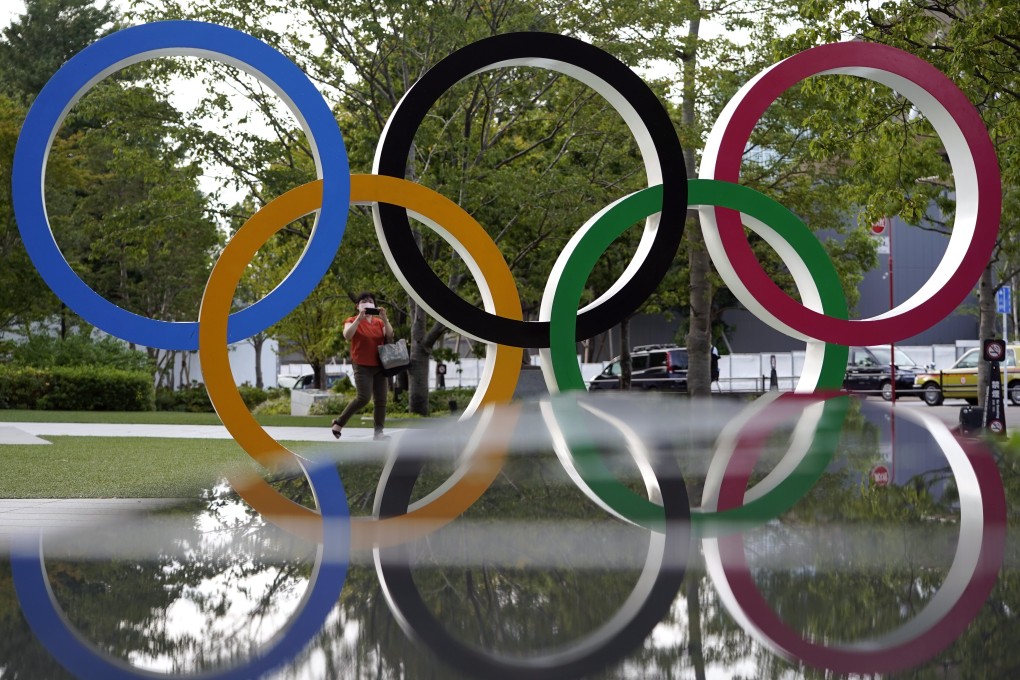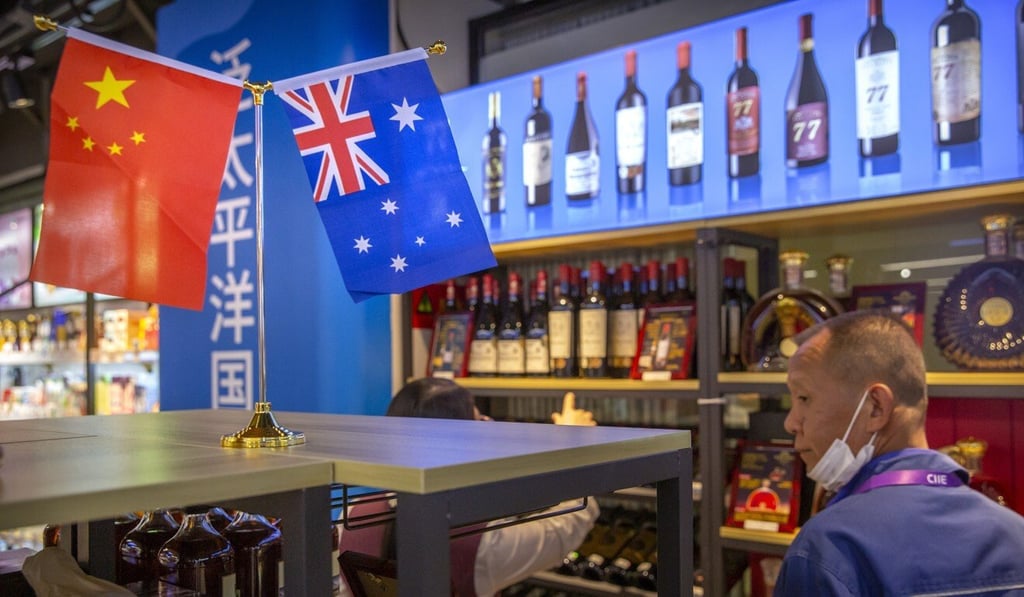Opinion | China-Australia relations: calls to boycott the Beijing Winter Olympics are off the mark
- Using the 2022 event to foster dialogue between the two countries is better than the alternative as the tumult between the two countries rages on

You could be forgiven for thinking Covid-19 has wiped out enough world-class sport in 2020 to last a lifetime but already there are those sizing up the 2022 Winter Olympics in Beijing as the perfect political pawn.
Looming large over the lead-in to the second Olympics in China in 14 years is the country’s treatment of Uygurs and its national security crackdown in Hong Kong, leading to widespread calls for the 2022 Games to be moved or cancelled.
If the Games do go ahead, Australia is one country who should have no hesitation in boycotting – according to the Inter-Parliamentary Alliance on China.

Australia has been locked in an ongoing stoush with China since prime minister Scott Morrison led calls for an inquiry into the origins of the coronavirus in April.
In response, China has implemented increasingly aggressive trade restrictions on a range of Australian goods.
